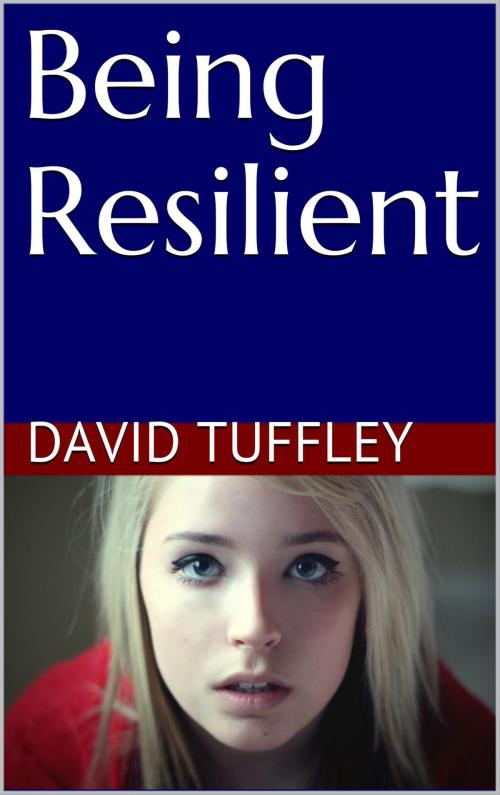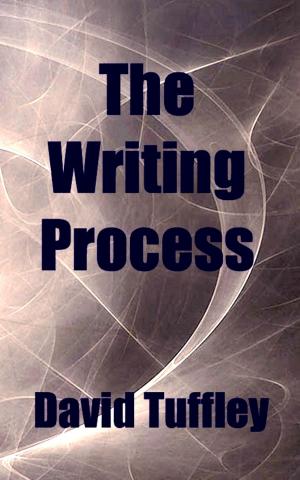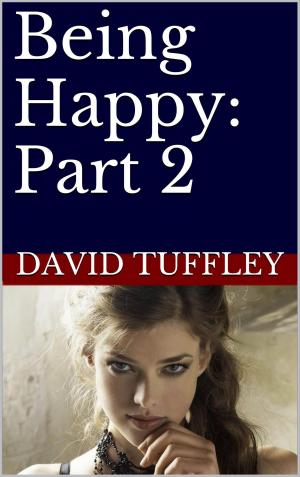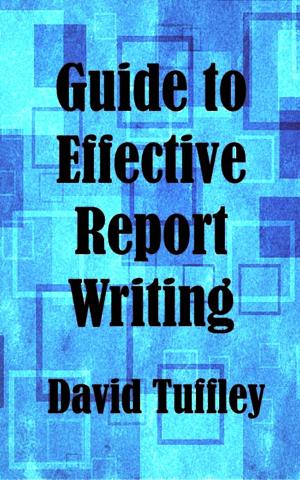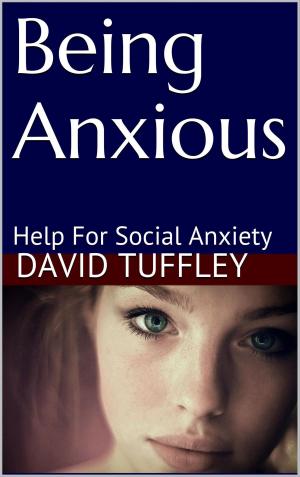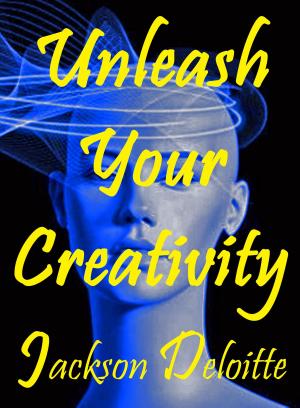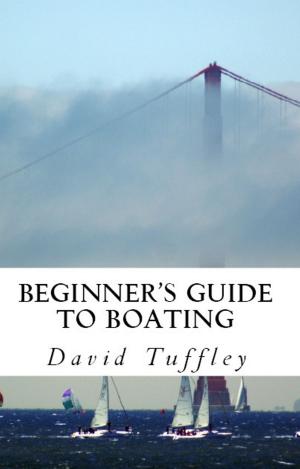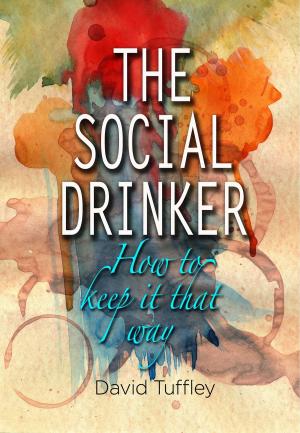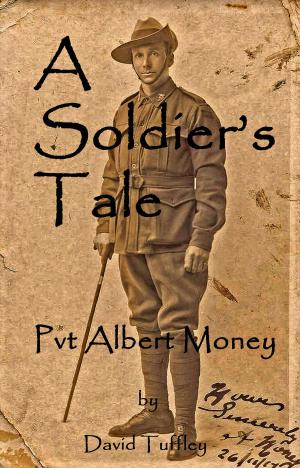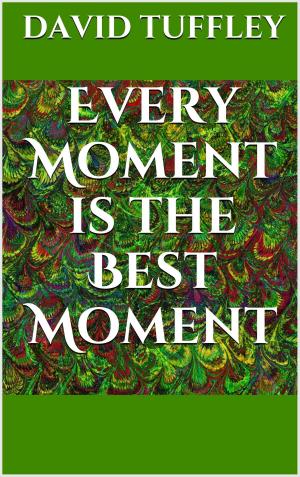Being Resilient
Nonfiction, Health & Well Being, Psychology, Mental Illness, Self Help, Self Improvement, Stress Management| Author: | David Tuffley | ISBN: | 9781311771292 |
| Publisher: | Altiora Publications | Publication: | December 8, 2014 |
| Imprint: | Smashwords Edition | Language: | English |
| Author: | David Tuffley |
| ISBN: | 9781311771292 |
| Publisher: | Altiora Publications |
| Publication: | December 8, 2014 |
| Imprint: | Smashwords Edition |
| Language: | English |
Resilience is a learn-able skill; it can be cultivated even if you are not a naturally resilient person. This concise book outlines how you can develop your own resilience and find greater enjoyment and fulfilment in life, becoming a more self-actualized person.
We could all benefit from having strategies to help us deal with the challenging, sometimes catastrophic events that come our way in life. Losing your job or business, relationship break-up, bereavement, illness or disability, and being the victim of crime are all situations where having resilience should come to the fore. How would you react to events of this seriousness? Would it knock the wind out of you such that you would find it difficult to carry on? Or do you have the resilience to get up again and keep moving forwards?
Being Resilient shows you how to handle stress in a positive way and helps you be the kind of person who bounces back and carries on, stronger than before. It describes what resilience is and how you can cultivate it so that you can meet those difficult challenges and go on to become a stronger, happier person. Being Resilient is an essential ability in your repertoire of life skills. With it, you can meet the challenges of life, grow as a person and approach your full potential as a human being. Without resilience, you become bogged in the problems that you encounter along the road and find it difficult to get yourself out and continue your journey.
Resilience is a form of learned optimism, a process by which you learn to accept that in life, problems will come your way, many of which you have little or no control over. But here is the crucial point, you also realize that you do have control over how you think about and react to those problems. As Shakespeare observed there is nothing either good or bad that thinking makes it so. Your world is not fixed; it is created by you, by your perceptions of what happens around you and how you choose to think about them and react. This is an empowering thought that puts you squarely in the driver's seat of your life; you are in charge.
Resilience is a learn-able skill; it can be cultivated even if you are not a naturally resilient person. This concise book outlines how you can develop your own resilience and find greater enjoyment and fulfilment in life, becoming a more self-actualized person.
We could all benefit from having strategies to help us deal with the challenging, sometimes catastrophic events that come our way in life. Losing your job or business, relationship break-up, bereavement, illness or disability, and being the victim of crime are all situations where having resilience should come to the fore. How would you react to events of this seriousness? Would it knock the wind out of you such that you would find it difficult to carry on? Or do you have the resilience to get up again and keep moving forwards?
Being Resilient shows you how to handle stress in a positive way and helps you be the kind of person who bounces back and carries on, stronger than before. It describes what resilience is and how you can cultivate it so that you can meet those difficult challenges and go on to become a stronger, happier person. Being Resilient is an essential ability in your repertoire of life skills. With it, you can meet the challenges of life, grow as a person and approach your full potential as a human being. Without resilience, you become bogged in the problems that you encounter along the road and find it difficult to get yourself out and continue your journey.
Resilience is a form of learned optimism, a process by which you learn to accept that in life, problems will come your way, many of which you have little or no control over. But here is the crucial point, you also realize that you do have control over how you think about and react to those problems. As Shakespeare observed there is nothing either good or bad that thinking makes it so. Your world is not fixed; it is created by you, by your perceptions of what happens around you and how you choose to think about them and react. This is an empowering thought that puts you squarely in the driver's seat of your life; you are in charge.
